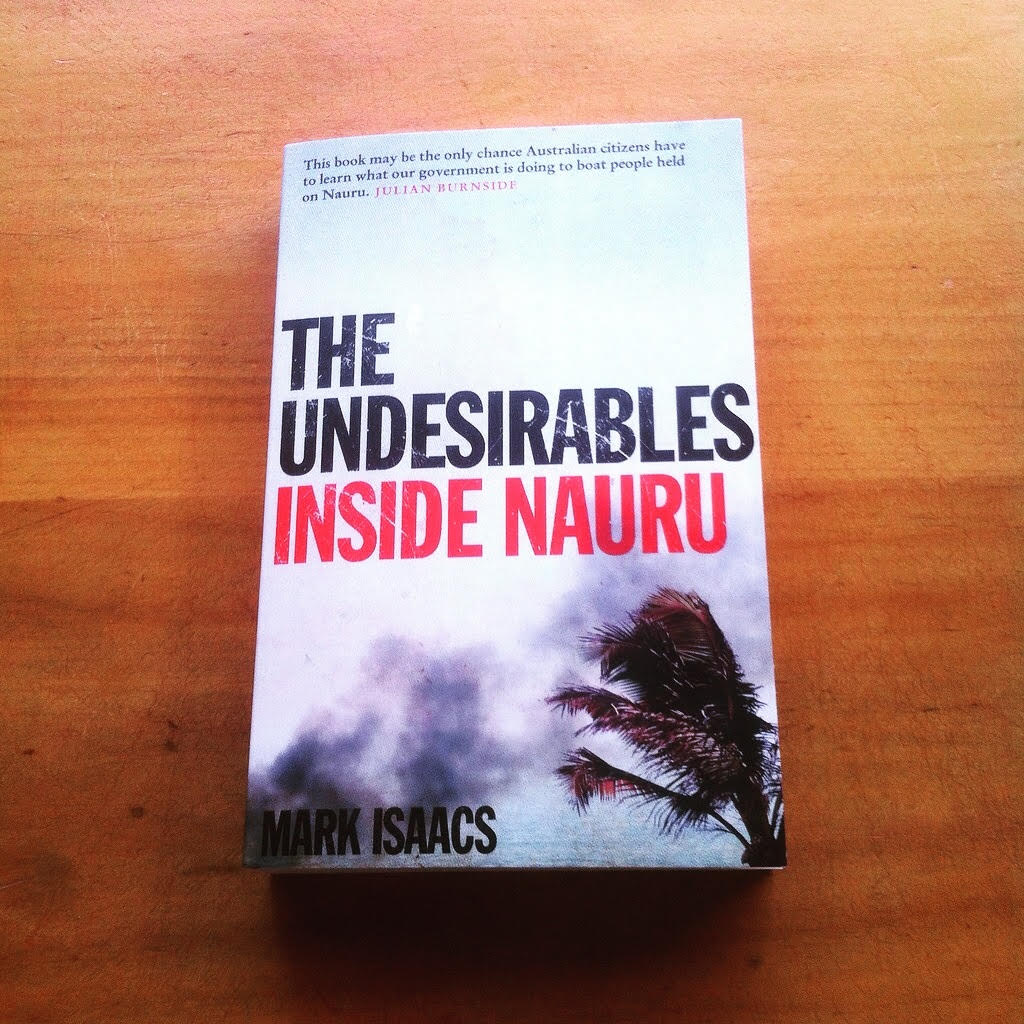This is a high school teachers’ resource to study The Undesirables: Inside Nauru as an English text. The guide was written by Jill Fitzsimons, the English Learning Leader at Whitefriars College, and commissioned by Hardie Grant. It is aimed at teaching Year 11 and 12 English classes. It is free to download. Please share wide and far. If you would like to assist me in creating study guides for other subjects, please contact me.
This study guide or unit of work has been created to accompany a study of the text, The Undesirables, by Mark Isaacs. It is intended for senior students. In his powerful text, Mark tells of his experiences working with asylum seekers at the Australian government’s offshore detention centre on Nauru. Readers experience life in the detention centre not only through Mark’s eyes but through those of Mark’s colleagues and, most importantly, the asylum seekers themselves.
This resource includes a wide variety of activities for students:
🔹pre-reading activities
🔹completion of a reflection journal
🔹close study of the text: questions on each chapter than could be worked on by students individually or used as focus questions for class discussion.
🔹analysis of a visual text, which is a drawing by one of the asylum seekers expressing their reaction to being held in the camp.
🔹pair work tasks
🔹a “jigsaw” group work task
🔹textual analysis: examining how Mark uses language techniques to represent his ideas and emotions
🔹a visual representation task
🔹an essay question
🔹a glossary of unfamiliar acronyms and organisations’ names
🔹an extensive list of further reading suggestions: books, films and websites.
The learning objectives generally conform to those of the English (Standard) and English (Advanced) courses in the N.S.W. Stage 6 English Syllabus, in particular:
Students will develop knowledge and understanding of the purposes and effects of a range of textual forms in their personal, social, historical, cultural and workplace contexts.
Students will develop knowledge and understanding of the ways language forms and features, and the structures of texts shape meaning in a variety of forms.
Students will develop skills in:
🔹responding to and composing a range of complex texts
🔹independent investigation, individual and collaborative learning
🔹imaginative, critical and reflective thinking about meaning
Students will come to value and appreciate the role of language and literature in their lives and the study and use of English as a key to learning.



